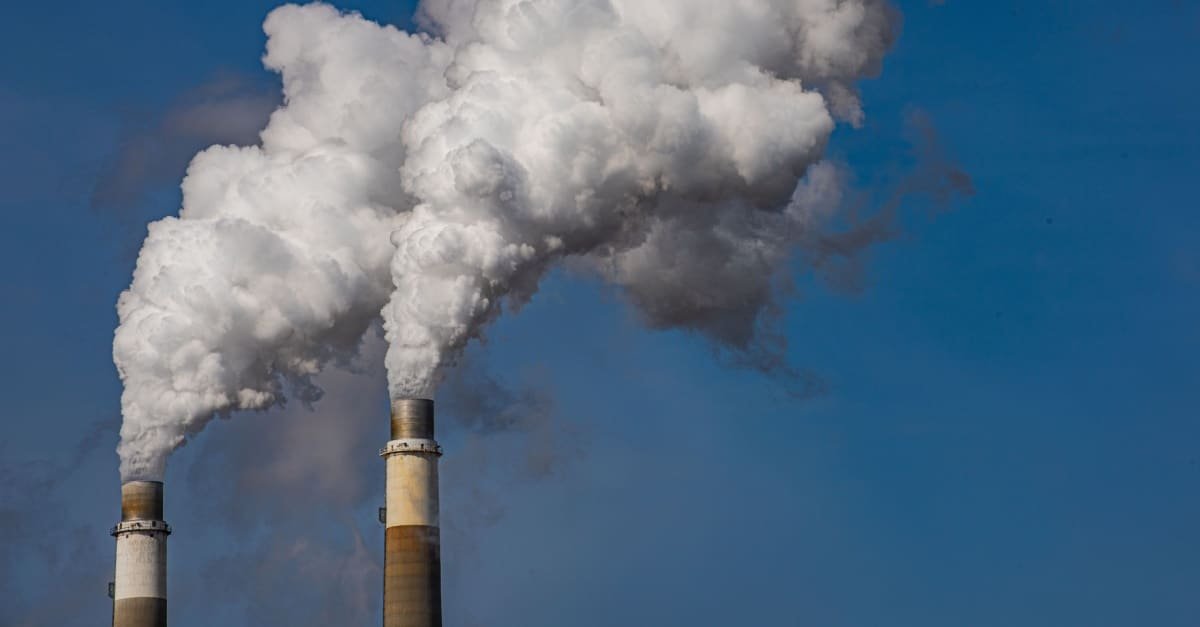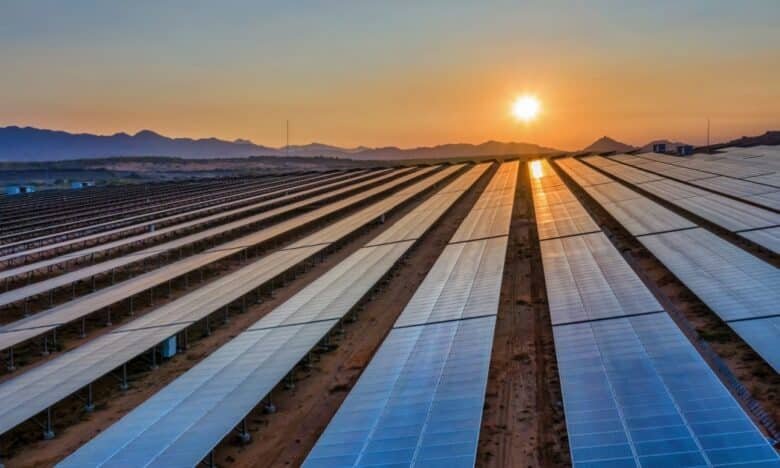
MGen Awaits DOE Ruling on Atimonan Coal Plant Exemption by June
- May 13, 2025
Meralco PowerGen Corp. (MGen), the parent company of Atimonan One Energy Inc. (A1E), is hopeful that the Department of Energy (DOE) will finalize its review of the coal moratorium exemption for the 1,200-megawatt Atimonan power plant in Quezon before the company’s board meeting in June.
“MGen received official communication from the DOE that the Acknowledgement of Non-Coverage for Atimonan One Energy, Inc.’s 1,200-megawatt power plant that it previously issued is being recalled for further review, pursuant to government’s policies and programs,” Meralco recently announced in a disclosure to the stock exchange.
During an interview on the sidelines of Meralco’s Giga Summit last week, MGen President and CEO Emmanuel Rubio shared that they are seeking clarity from the DOE on which specific aspects of the Atimonan project are still under further review.
Rubio also mentioned that the DOE, having previously issued an exemption letter, is aware of his plans to present the matter for board approval in June, with the plant expected to start operations between late 2029 and early 2030.
(Also read: Should the Philippines Phase Out Coal?)
Crucial to growing baseload demand
Rubio emphasized the Atimonan project’s vital role in meeting the growing baseload demand for power and its participation in the DOE’s upcoming baseload capacity auction scheduled for December. He also said that the plant’s Levelized Cost of Energy (LCOE) would be “probably one of the most competitive” in the market.
As part of the Department of Energy’s (DOE) requirements, Meralco has committed to converting the Atimonan plant to alternative fuels by 2050 or shutting down if it remains reliant on coal.
“We accepted that by 2050, if it is still a coal plant, it cannot operate,” he said. “We are looking at options such as ammonia co-firing, and have asked our EPC (Engineering, Procurement, and Construction) contractors to ensure the boiler can accommodate this technology.”
(Also read: Baseload Power Plants What They Are and Why We Need Them)
A vital baseload power source
Given the country’s relatively low greenhouse gas emissions, an abrupt shutdown of coal plants could have adverse effects. Coal remains a vital baseload power source that supports a stable electricity supply. Transitioning too quickly, without adequate alternatives in place, may lead to energy shortages and increased costs, placing pressure on the economy and affecting public welfare.
According to DOE data, wind and solar sources produced just 2,582 gigawatt-hours (GWh) in 2022, representing only 2.6 percent of the country’s total power generation of 111,516 GWh. In comparison, coal accounted for the largest share, generating 66,430 GWh or 57.7 percent of the total output.
While the government increasingly supports the growth of renewable energy, coal continues to play a significant role in the nation’s energy mix, particularly in meeting the urgent energy needs of Luzon and the Visayas.
The continuation of the Atimonan project highlights the broader challenges confronting the Philippine energy sector: finding a balance between the immediate need for reliable and affordable power and the long-term objective of reducing dependence on fossil fuels.
(Also read: Study Reveals Solar and Wind Energy’s High Costs in the PH)
Sources:
https://powerphilippines.com/mgen-awaits-does-atimonan-coal-exemption-review-by-june/
https://ourworldindata.org/grapher/annual-share-of-co2-emissions?country=PHL~CHN~USA



